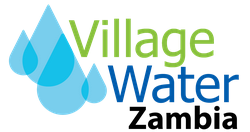Water4Africa - Zambia
Project summary
Khalsa Aid’s Water4Africa is a long-term development project that aims to bring clean, safe, and accessible drinking water to the remote rural communities of Africa, including Malawi, Zambia, Kenya and The Gambia. Our Water4Africa project has benefitted thousands with clean and accessible water for almost a decade, and we remain steadfast in our commitment to this cause.
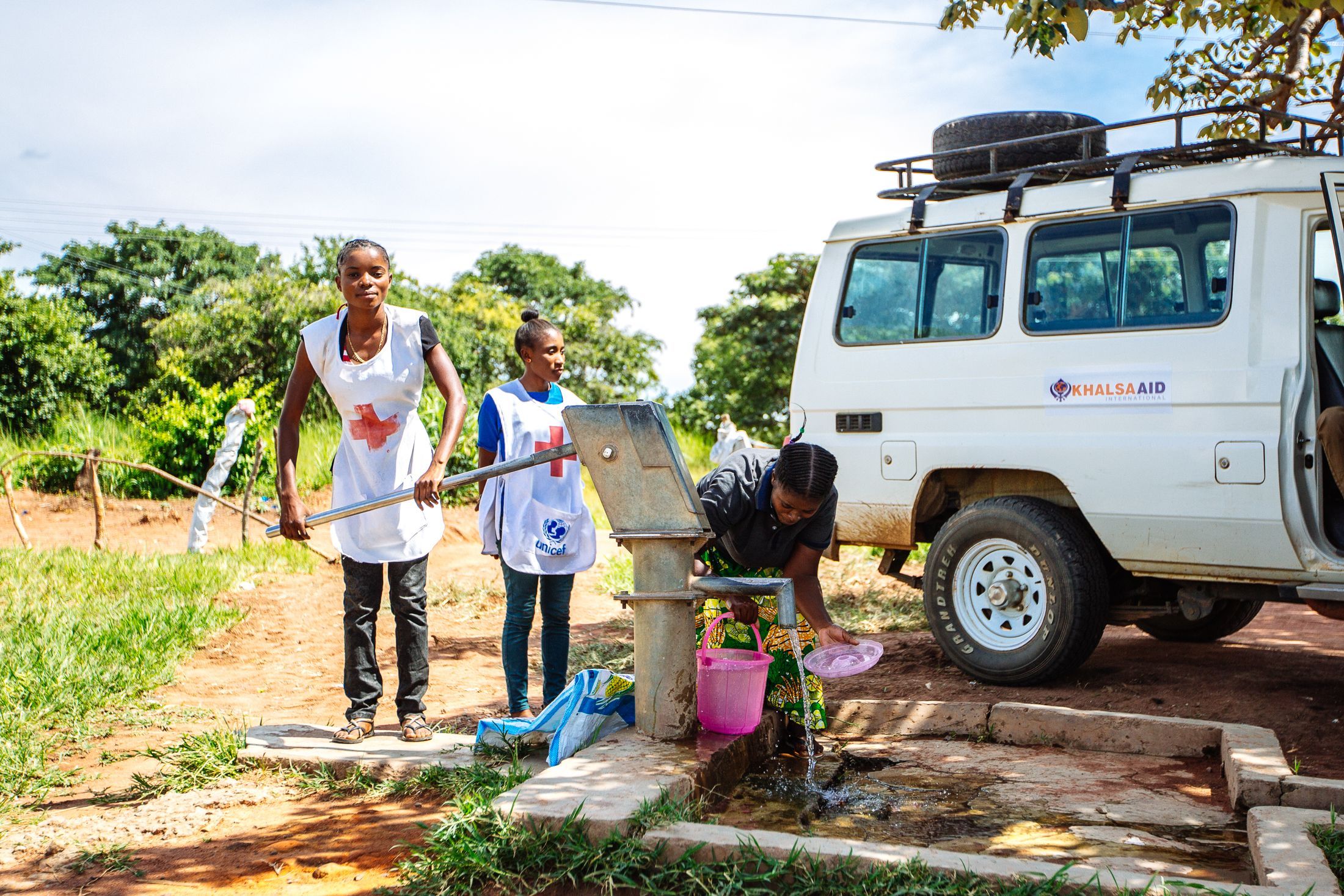
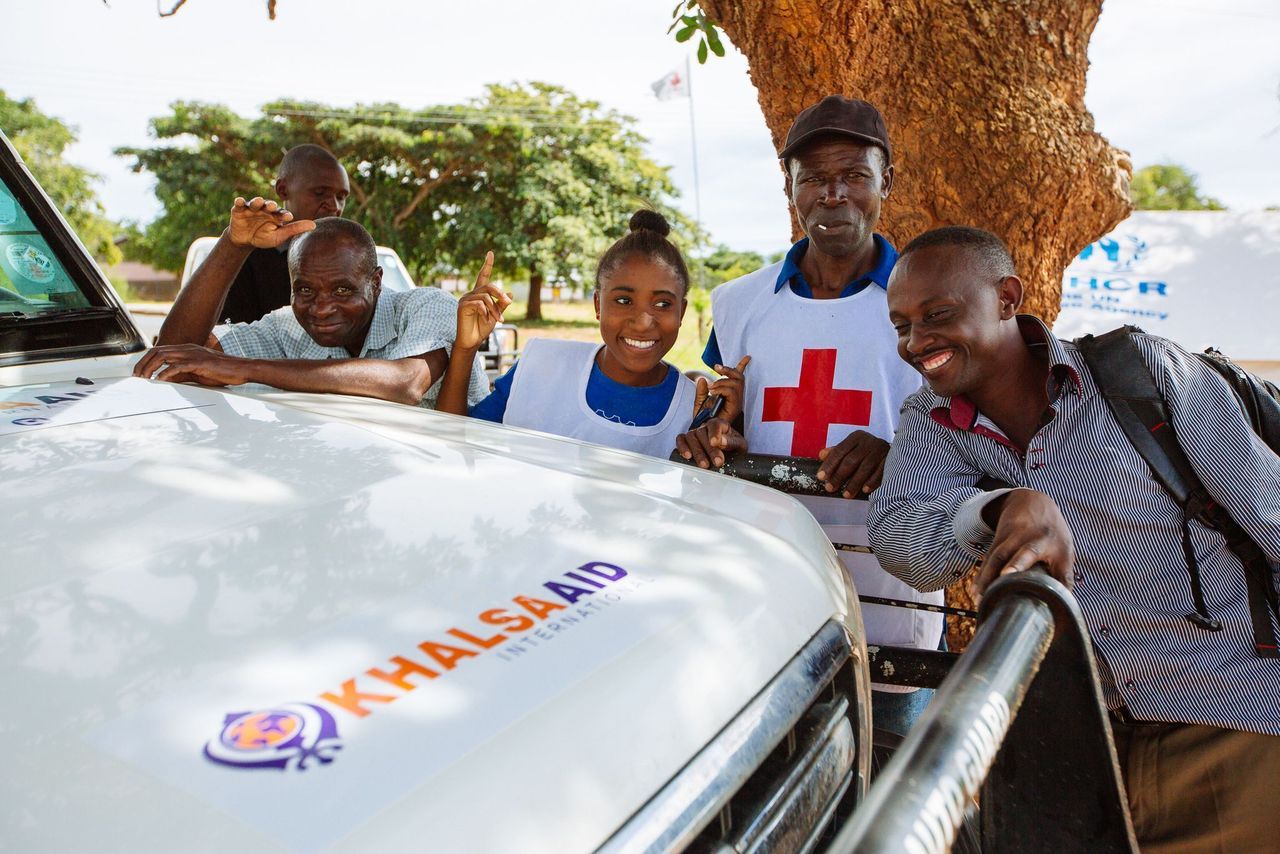
How we are helping
Due to the 2023–2024 rain season's poor performance and long dry spells, Zambia is currently experiencing a severe drought. Nearly two-thirds of Zambians live in rural areas and rely on rain-fed agriculture.
Our teams collaborated to support local schools in our most impactful initiative to date. 36,911 people benefited from the installation of water pumps across the country.
Timeline
Areas of impact
Schools and teachers
We support over 14 schools. teams installed water reticulation systems in four local schools, Kapila, Keezwa, Nyambo, and Muchabi Schools, benefiting 10,573 schoolchildren, teachers, and families.
Khalsa Aid also provided 12 footballs, 8 handballs and planted 150 fruit trees with the students during this deployment. Additional water sources also make teaching roles in remote areas more attractive.
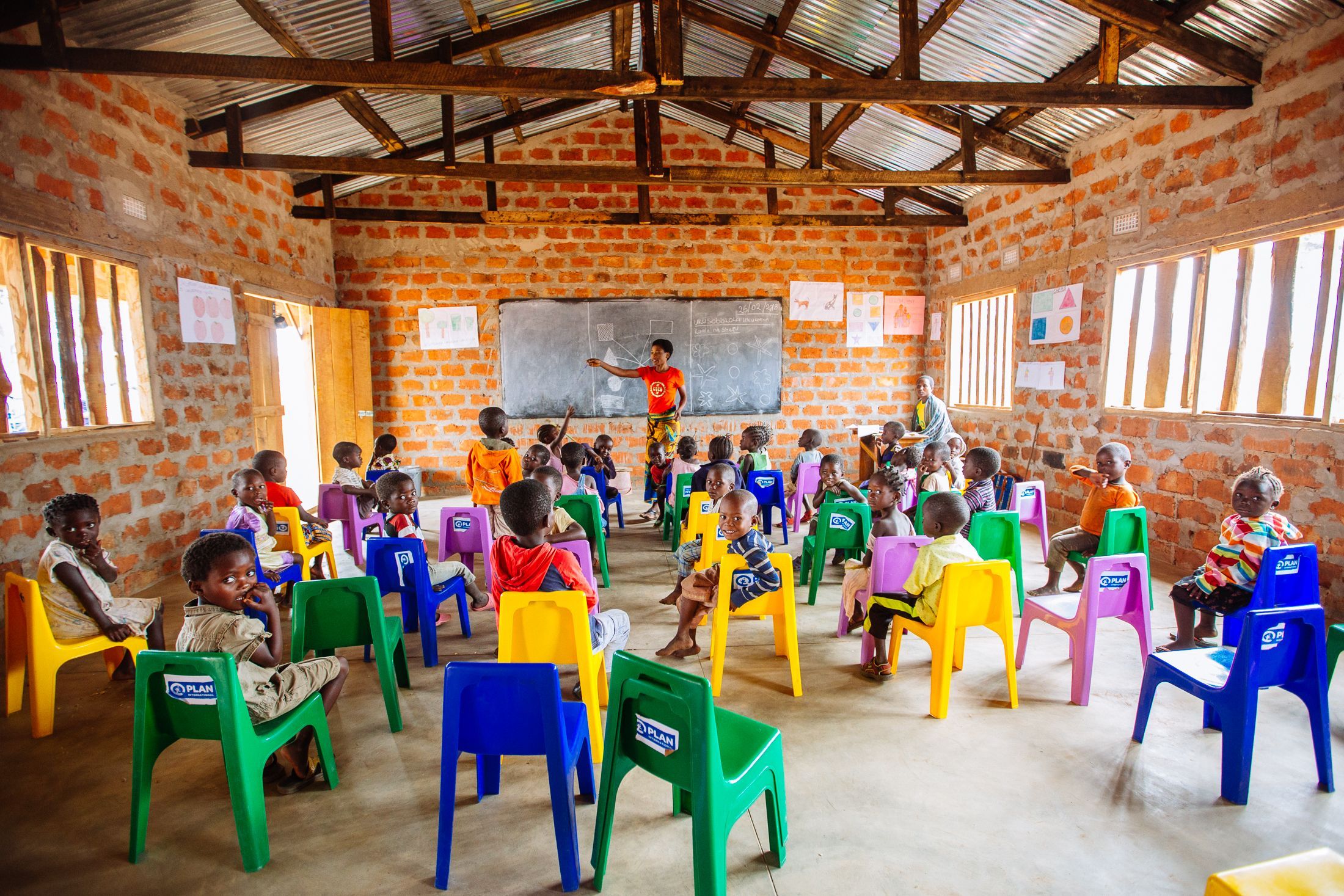
Schools and teachers
We support over 14 schools. teams installed water reticulation systems in four local schools, Kapila, Keezwa, Nyambo, and Muchabi Schools, benefiting 10,573 schoolchildren, teachers, and families.
Khalsa Aid also provided 12 footballs, 8 handballs and planted 150 fruit trees with the students during this deployment. Additional water sources also make teaching roles in remote areas more attractive.
Impact so far
These figures are updated with every deployment.
Please note that they are often an underestimation.
People Benefited
Solar-Powered Water Pumps Installed
"This water facility has made a positive impact to the learners, teachers and the surrounding community in so many ways. Learners and teachers can now drink water free from disease, and the school is now able to put up a vegetable garden which will not only help raise funds and provide shade, but will also help to improve the nutritional values of the school community."
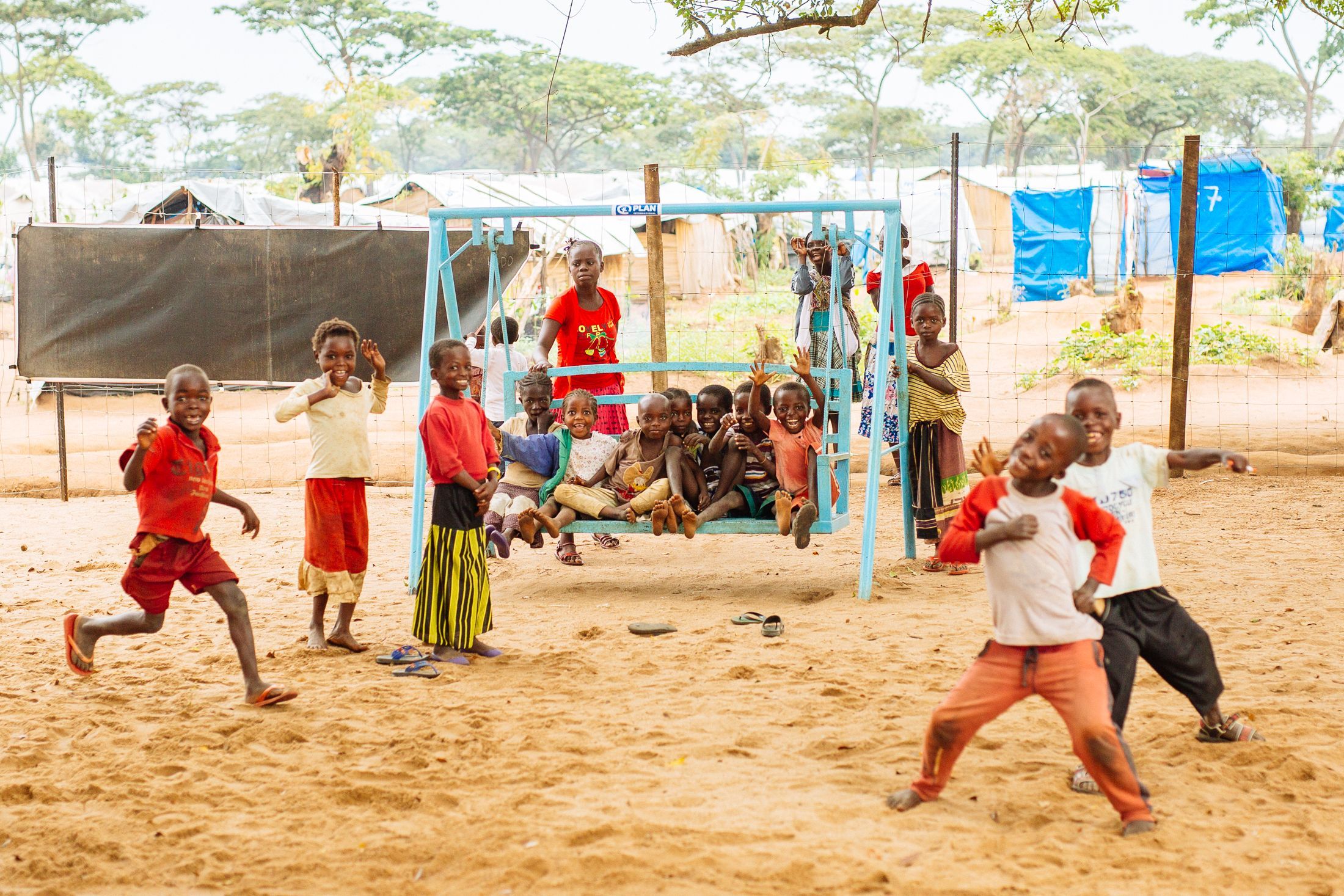
UN Sustainable Development Goals
This project supports the achievement of the following UN Sustainable Development Goals:




Collaborators
Village Water Zambia
Village Water Zambia is a non-governmental organisation working with the disadvantaged rural people in Zambia. Its mission is to support sustainable and innovative water and sanitations solutions that help people improve their lives and support their productivity.
